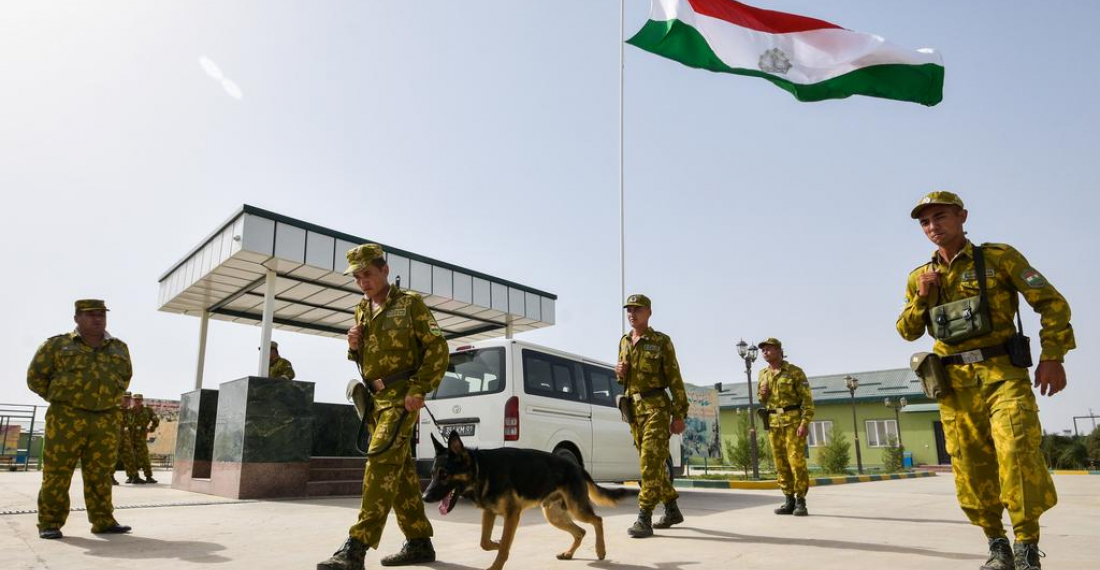In Russia, and in the former Soviet states of Central Asia, there is growing concern about the situation in Afghanistan. Russian media has been urging the authorities to prepare for a Taliban takeover after the US and NATO complete their withdrawal from the country, now scheduled for 31 August, speculating that this will trigger a full-scale power shift in the country within several months.
A new centre of radical Islamism may emerge on this vast territory in Central Asia, which will involve not only militants from the Taliban (outlawed in Russia), but other armed groups such as the Islamic State (outlawed in Russia) and Al-Qaeda (outlawed in Russia). The authorities in Kabul are feverishly searching for ways to counter the attacks by radical Islamists, military expert, retired Colonel Shamil Gareev, wrote in an article for Nezavisimaya Gazeta on Wednesday (7 July).
The newspaper speculates that the NATO troop pullout lays the groundwork for the gradual movement of IS, Al-Qaeda and other terrorist groups from the Middle East Region to Afghanistan and some believe this is a strategic US plot. This approach by pro-Turkish circles has been already tested in Syria, Libya, Iraq, and Nagorno-Karabakh. There are grounds to believe that the US will create conditions for recruiting and reviving ethnic terror groups, which are able to destabilise the situation in Central Asia in order to counter Russian influence in the region. According to some estimates, the Middle East militants include several thousand Uzbek, Tajik, Kazakh, and Kyrgyz nationals, who were recruited in the CIS and trained as terrorists in Middle Eastern centres. One element of the terrorists’ propaganda and sabotage efforts could be stirring up anti-Russian sentiment, especially in Tajikistan, which hosts a Russian military base.
Will Russia and its allies be able to respond to this challenge? At first, it is noteworthy that the Central Asian states often prefer to act on their own. These different approaches to co-operation in the fields of security and collective response to threats could encourage radical military groups to test out the borders of the Central Asian countries. The latter are now searching for a reliable ally, who will help ensure their security and sovereignty, and are looking both at Russia and the US.
Moscow and Central Asian nations should prepare for possible aggressive steps by the Taliban, the expert says.






